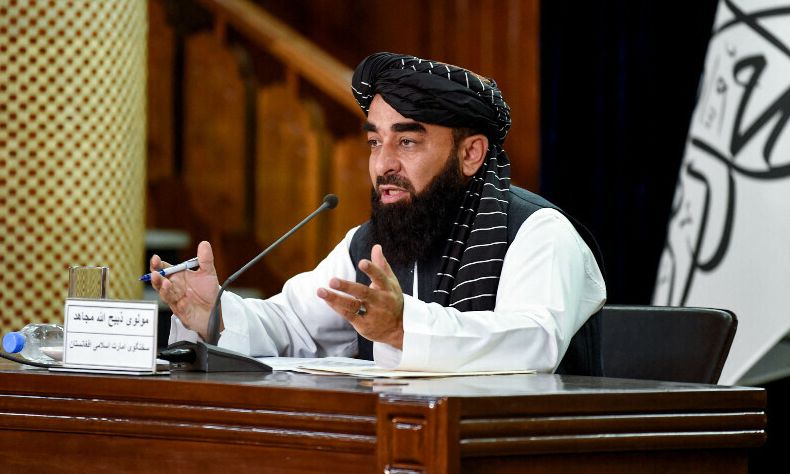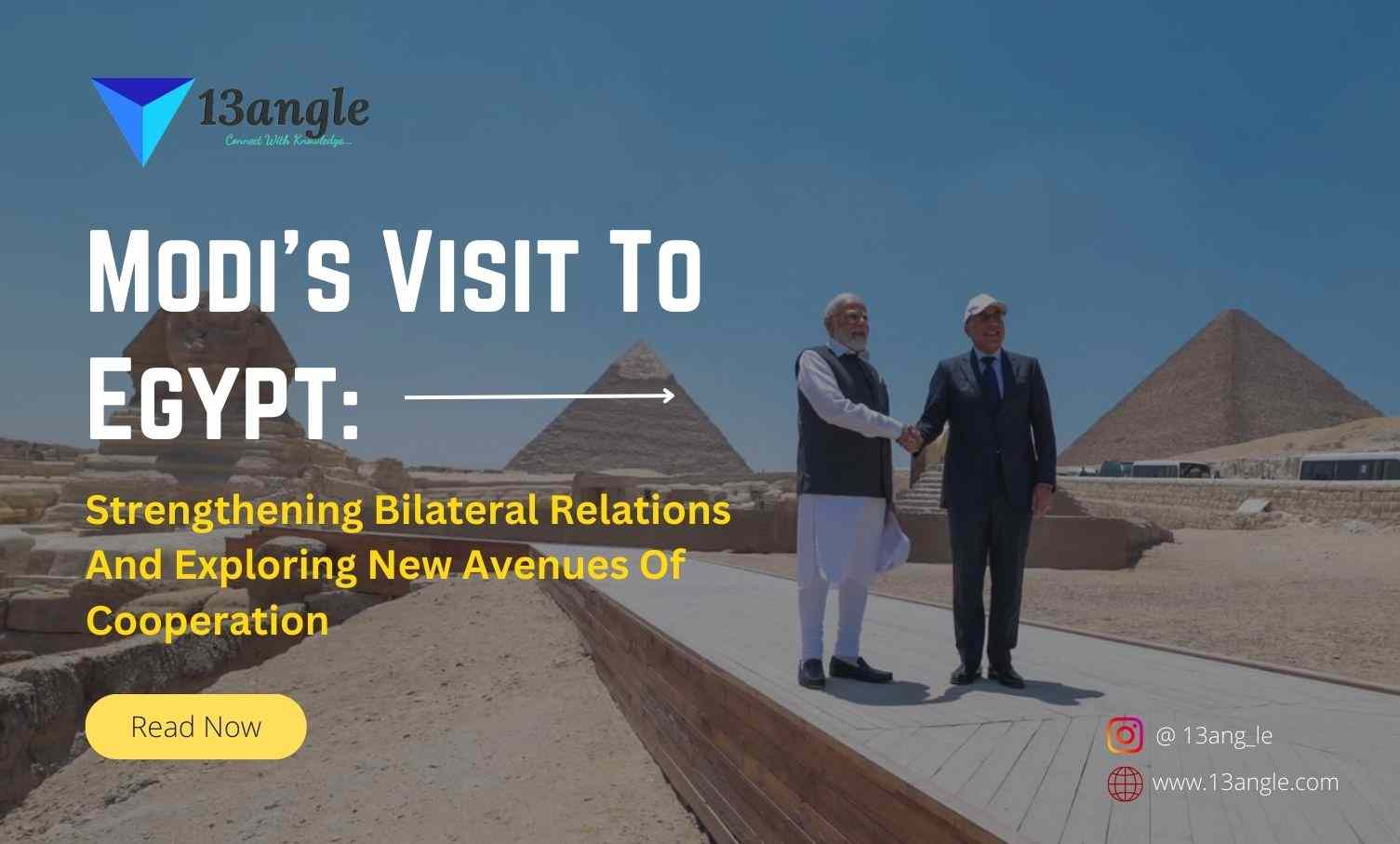
Introduction
The third United Nations Conference on Afghanistan, held in Doha, Qatar, on June 30 and July 1, 2024, unfolded against the backdrop of previous diplomatic challenges. Earlier conferences saw Afghanistan either declining to participate or being excluded, highlighting the intricate nature of international engagements in the region. This gathering marked a pivotal shift with the Taliban’s inaugural participation in a UN-led initiative, underscoring evolving dynamics in global efforts to address Afghanistan’s pressing issues.
Attendees and Representation
- Countries and Organizations Present
The United Nations organized the conference, bringing together special representatives from 25 countries and international organizations, including the European Union, the Organisation of Islamic Cooperation (OIC), and the Shanghai Cooperation Organisation (SCO). This diverse group underscored the global importance of Afghanistan’s issues.
- Key Representatives
India was represented by J.P. Singh, Joint Secretary in the Ministry of External Affairs. The Taliban’s chief spokesman, Zabihullah Mujahid, represented the Taliban. Rosemary DiCarlo, the Under-Secretary-General for Political and Peacebuilding Affairs, represented the UN, filling in for Secretary-General Antonio Guterres, who had attended previous conferences.
Taliban's Historic Attendance
- Background of Previous Conferences
The Taliban’s participation marked a departure from previous UN conferences. They were excluded from the first United Nations Conference on Afghanistan in May 2023 and refused to attend the second one in February 2024 due to preconditions they found unacceptable. These included the exclusion of Afghan civil society members and recognition of the Taliban as the sole legitimate rulers of Afghanistan.
- Factors Leading to Participation
The third conference saw the absence of Afghan civil society representatives, aligning with the Taliban’s demands. This change reflects a strategic shift in the international community’s approach, recognizing the necessity of engaging with the Taliban for meaningful dialogue.
Core Issues and Discussions
- Focus on Key Areas
The conference aimed to address critical issues such as peace, women’s rights, education, and human rights. These topics have been particularly contentious since the Taliban’s return to power in 2021.
- Outcomes and Agreements
Discussions centered on securing commitments from the Taliban to reopen schools for girls, allow women to work, and uphold basic human rights. Although the Taliban expressed a willingness to consider these demands, no concrete agreements were reached. The international community reiterated its stance on conditional engagement based on the Taliban’s actions.
Women’s Rights Under Taliban Rule in Afghanistan
1. Imposed Restrictions:
Since taking control, the Taliban has imposed stringent restrictions on women and girls, enforcing strict interpretations of Islamic law that severely curtail their rights and freedoms:
Education Restrictions: The Taliban has closed girls’ schools above the sixth grade, effectively denying higher education opportunities for young women. This policy has deprived millions of Afghan girls of their right to education and limited their future prospects.
Employment Barriers: Women are barred from pursuing higher education and employment opportunities in various sectors, further restricting their economic independence and societal participation.
Dress Code Mandate: Strict dress codes require women to cover themselves from head to toe, with only their eyes visible, in public spaces. Violations of these dress codes are met with severe penalties, reinforcing social and cultural constraints on women’s mobility and personal autonomy.
Restrictions on Movement: Women are required to be accompanied by a male guardian when leaving their homes, severely limiting their freedom of movement and access to essential services.
2. Impact on Society
These imposed restrictions have had profound and detrimental effects on Afghan women and girls:
Educational Deprivation: The closure of girls’ schools has deprived an entire generation of Afghan girls of their right to education, perpetuating cycles of poverty and limiting opportunities for personal and professional growth.
Economic Consequences: Women who were previously employed in various sectors have been forcibly removed from their jobs, leading to increased economic hardships and heightened dependence on male relatives for financial support.
Psychological and Social Impact: The pervasive restrictions and limitations imposed on women have contributed to heightened levels of stress, anxiety, and psychological trauma within Afghan society. Social norms and traditional gender roles have been reinforced, further marginalizing women and hindering their full participation in public life.
International Recognition and Diplomatic Stance
- Current Status of Global Recognition
The Taliban, an Islamic militant group, overthrew the Ashraf Ghani government and captured Kabul on August 15, 2021, following the withdrawal of American troops from Afghanistan. Despite their control, no country, including India, has officially recognized the Taliban government.
- China’s Diplomatic Approach
China has reopened its embassy in Kabul, signifying a cautious engagement strategy focused on protecting its investments and ensuring regional stability. However, this does not equate to formal recognition of the Taliban as the legitimate government.
Country Profile: Afghanistan
1. Geographical Overview
Afghanistan, located in South Asia, is a landlocked country bordered by India, Pakistan, China, Iran, and the Central Asian states of Turkmenistan, Uzbekistan, and Tajikistan. Kabul serves as its capital, and the official currency is the Afghani.
2. Political Landscape
Currently, Afghanistan is governed by the Taliban regime, with Hibatullah Akhundzada as the Supreme Leader. The country has a turbulent history marked by prolonged conflict, affecting its infrastructure, economy, and societal structure.
3. Socio-Economic Challenges
Afghanistan grapples with severe socio-economic challenges exacerbated by persistent political instability and armed conflict. These include widespread poverty, insufficient healthcare and educational resources, and significant internal displacement of populations.
4. Cultural Heritage
Afghanistan boasts a rich cultural heritage influenced by diverse civilizations, including ancient Greek, Persian, Hindu, and Buddhist traditions. Despite enduring conflict, historic sites like the Bamiyan Buddhas and the city of Herat underscore its cultural significance.
5. Current Problems
The country faces complex challenges, including:
- Security Concerns: Ongoing conflict and presence of extremist groups pose significant security threats.
- Humanitarian Crises: High levels of poverty, malnutrition, and inadequate access to healthcare exacerbate humanitarian needs.
- Education and Gender Equality: Limited access to education, especially for girls, and challenges in achieving gender equality remain critical issues.
- Political Instability: Transitioning governance structures and challenges in establishing inclusive political processes.
- Economic Fragility: Dependence on foreign aid, coupled with a weak economy and high unemployment rates, contributes to economic instability.
The Role of Continued Dialogue
- Importance of Engagement
While the conference didn’t lead to major breakthroughs, it represents an important step in international efforts to engage with Afghanistan’s current rulers, improve life for Afghan people, especially women and girls, promote regional stability, and encourage the Taliban to respect international norms.
- Future Prospects
The international community remains committed to supporting Afghanistan and its people. Future talks and negotiations will be crucial in addressing the complex challenges facing the country. Continued dialogue can provide a platform for incremental progress on human rights, education, and security issues.
India’s Position and Regional Influence
- Diplomatic Representation
India was represented by J.P. Singh, Joint Secretary in the Ministry of External Affairs, at the third UN Conference on Afghanistan. India does not officially recognize the Taliban government, consistent with its broader foreign policy of supporting democratic governance and human rights.
- Regional Security Concerns
The Taliban’s return to power raises security concerns for India, given the group’s historical ties with militant organizations. India’s involvement in the UN conference underscores its commitment to playing a significant role in regional diplomacy and influencing the future of Afghanistan.
Outlook for the Future
Looking ahead, the international community faces a daunting task in navigating the complex landscape of Afghanistan’s future. While the third UN Conference on Afghanistan in Doha did not yield immediate breakthroughs, it served as a crucial step towards fostering dialogue and understanding between global stakeholders and the Taliban-led government.
Continued engagement will be essential in addressing fundamental issues such as peace-building, human rights, and gender equality. The path forward will require sustained efforts in diplomacy, humanitarian aid, and development assistance to stabilize Afghanistan and empower its people. International support remains pivotal in shaping a more stable and prosperous future for Afghanistan, one that respects human rights and fosters regional stability.
Conclusion
The third UN Conference on Afghanistan in Doha concluded without substantial breakthroughs, highlighting the complex challenges and divisions that persist in international efforts to engage with Afghanistan’s current rulers. While discussions on peace, women’s rights, education, and human rights were held, concrete agreements were elusive. However, the conference underscored the importance of continued dialogue and international engagement in addressing Afghanistan’s multifaceted challenges. Looking ahead, sustained efforts and pragmatic diplomacy will be essential to navigate the path towards lasting peace, stability, and prosperity for the Afghan people.
Top 13 Facts
The third United Nations Conference on Afghanistan was held in Doha, Qatar, on June 30 and July 1, 2024.
The Taliban participated for the first time in this UN conference.
Representatives from 25 countries and international organizations attended the conference.
India was represented by J.P. Singh, Joint Secretary in the Ministry of External Affairs.
The Taliban’s chief spokesman, Zabihullah Mujahid, represented the Taliban.
UN Secretary-General Antonio Guterres was not present; Rosemary DiCarlo represented the UN.
The Taliban had not been invited to the first conference in May 2023.
The Taliban refused to attend the second conference in February 2024.
Afghan civil society representatives were excluded from the third conference, meeting a Taliban demand.
The conference agenda focused on peace, women’s rights, girls’ education, and human rights.
Since 2021, the Taliban has imposed strict Islamic laws restricting women’s rights.
No country has officially recognized the Taliban government.
The international community remains committed to supporting Afghanistan and its people despite challenges.
FAQs
The conference aimed to facilitate international dialogue and efforts towards achieving peace, addressing women’s rights, promoting education, and upholding human rights in Afghanistan.
The Taliban’s attendance marked their first involvement in such a UN conference, signifying a potential shift towards diplomatic engagement and international recognition.
Representatives from 25 countries and international organizations, including the European Union, the Organisation of Islamic Cooperation (OIC), and the Shanghai Cooperation Organisation (SCO), were present.
India was represented by J.P. Singh, Joint Secretary in the Ministry of External Affairs, highlighting its role in regional diplomacy and its stance on Afghanistan’s governance.
Key discussions centered on peace-building efforts, women’s rights under Taliban rule, access to education, and the protection of human rights in Afghanistan.
While discussions on reopening schools for girls and allowing women to work were held, no concrete agreements were reached, reflecting ongoing challenges in securing Taliban commitments.
No country, including India, has formally recognized the Taliban government. The international community continues to engage cautiously, focusing on conditional engagement based on Taliban actions.
Afghanistan faces significant challenges, including restrictions on women’s rights, economic instability, security concerns related to militant groups, and the need for humanitarian assistance.
India’s non-recognition of the Taliban government underscores its commitment to democratic governance and regional stability. It also reflects concerns about security implications stemming from Taliban ties with militant organizations.
Continued dialogue and engagement are crucial for addressing complex issues such as peace-building, human rights, and regional stability. International support aims to improve conditions for Afghan people and foster global security.



